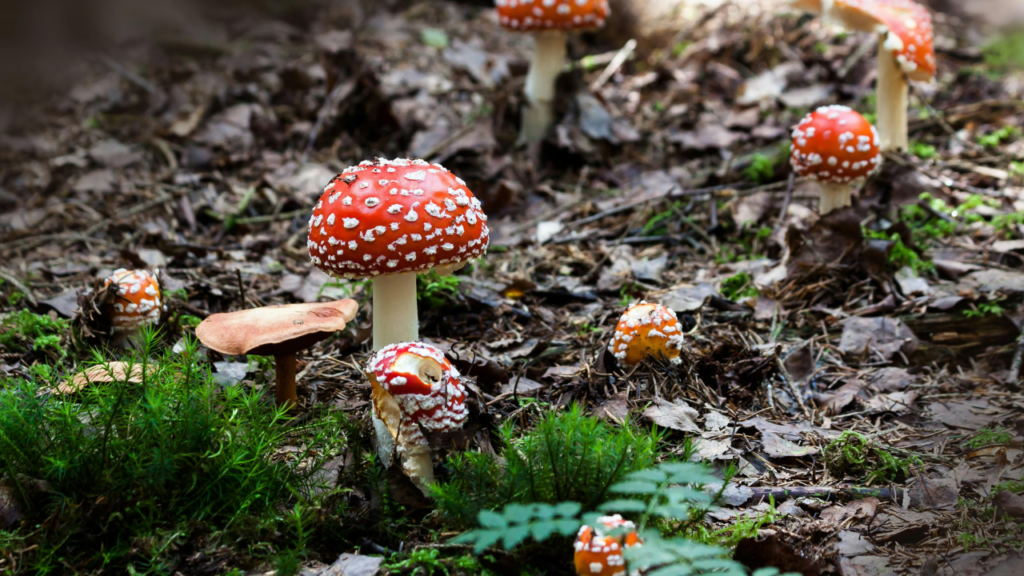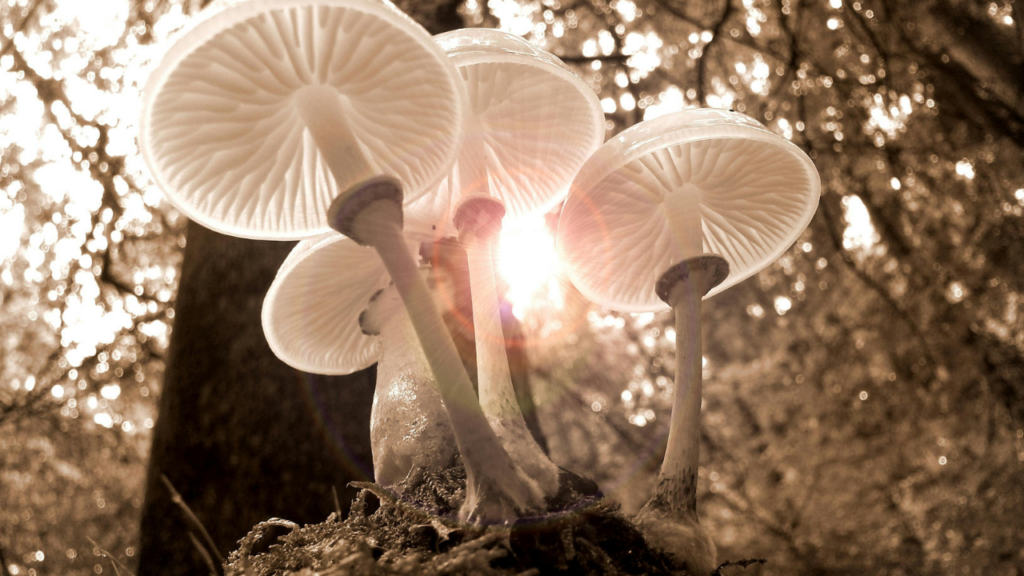Psychedelic drugs like LSD, psilocybin mushrooms, and DMT have garnered renewed interest for their potential therapeutic uses. However, many misconceptions persist about their addictive potential and health risks. While these substances don’t typically cause physical dependence, they can lead to psychological addiction and carry other significant dangers, especially with frequent recreational use.
Understanding Psychedelics
Psychedelics are a class of hallucinogenic drugs that alter perception, mood, and cognitive processes. Common examples include LSD, psilocybin (found in “magic mushrooms”), DMT, mescaline, and ayahuasca. These substances primarily affect the serotonin system in the brain, leading to altered states of consciousness and intense sensory experiences.
Psychological Addiction Potential
Though psychedelics don’t produce the intense cravings or withdrawal symptoms associated with substances like opioids or alcohol, users can develop problematic patterns of use. Some individuals may rely on psychedelics to cope with stress or negative emotions, while others may be driven by the desire to continually replicate profound experiences. This can lead to neglecting responsibilities or relationships in pursuit of certain experiences. It’s important to note that while physical dependence is rare, psychological dependence can be just as challenging to overcome.

Risks of Frequent Psychedelic Use
Regular psychedelic use can have serious mental health consequences. In rare cases, it can trigger persistent psychosis, characterized by ongoing symptoms such as visual disturbances, disorganized thinking, paranoia, and mood changes. These symptoms can persist long after drug use has stopped, potentially requiring long-term psychiatric treatment.
Another risk is Hallucinogen Persisting Perception Disorder (HPPD), where users experience lasting perceptual changes even when not using psychedelics. This can include visual disturbances like seeing snow or static, afterimages, halos around objects, or intensified colors. HPPD can significantly impact daily life, causing distress and interfering with work or social activities.
Psychedelics can also exacerbate or trigger the onset of mental health conditions such as anxiety disorders, depression, bipolar disorder, and schizophrenia. This risk is especially high for those with a personal or family history of mental illness.
Legal Status and Safety Concerns
Most psychedelic drugs remain illegal to possess or distribute in the United States. Beyond legal consequences, users face safety risks including unpredictable potency and purity of illicit substances, dangerous behavior while under the influence, and the potential for traumatic psychological experiences or “bad trips.”
Therapeutic Potential vs. Recreational Use
While clinical trials explore psychedelics’ potential to treat conditions like depression, anxiety, and PTSD, recreational use carries significant risks. Controlled medical settings differ greatly from unsupervised use. Clinical trials use carefully measured doses, involve medical professionals monitoring for adverse reactions, and include psychological support and integration. It’s crucial to distinguish between emerging medical research and uncontrolled recreational use, as self-medicating with psychedelics can be extremely dangerous.
Seeking Help for Psychedelic Drug Issues
If you’re struggling with drug use, professional help is available. Signs that it’s time to seek help include difficulty controlling or limiting use, negative impacts on work, school, or relationships, persistent anxiety or depression, and experiencing flashbacks or HPPD symptoms.

The Bluffs Addiction Campuses offers comprehensive treatment for those dealing with substance abuse issues. Our programs address both the psychological aspects of addiction and any co-occurring mental health conditions. Treatment options may include individual and group therapy, cognitive-behavioral therapy, holistic approaches, medication management for co-occurring disorders, and aftercare planning and support.
Don’t let fear or stigma keep you from getting the support you need. While psychedelics may not cause physical addiction, the psychological and mental health impacts can be severe. Recovery is possible with proper treatment and support.
Call 330-919-9228 to speak with a treatment specialist and learn about your options for recovery. Your health and well-being are worth the call.








